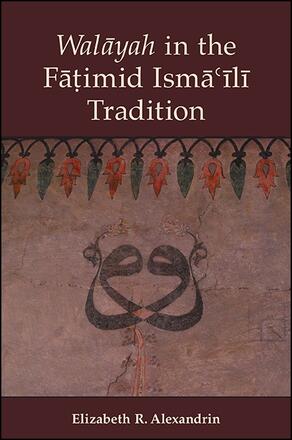
Walāyah in the Fāṭimid Ismāʿīlī Tradition
Alternative formats available from:
Explores the relationship between revelation and reason in medieval Islamic intellectual history.
Description
In this original study, Elizabeth R. Alexandrin examines the complex relationships that can be inscribed between medieval Ismā'īlī thought as an intellectual tradition with a devotional practice of reliance on the imām, and as a politico-esoteric system that redefined governance during the Fāṭimid caliphate in the eleventh century. Alexandrin's work is a departure from recent Western scholarship that focuses on similarities among early Islamic traditions. She argues instead that, under the guidance of the Fāṭimid Ismā'īlī chief missionary al-Mu'ayyad fī al-Dīn al-Shīrāzī (d. 1078 CE), the concept of walāyah (divine guidance) became closely associated with religio-political authority, on the one hand, and the perfection of the individual human being, on the other. By signaling and affirming how the Fāṭimid caliph-imāms were the heirs of walāyah and by proposing new definitions of the "seal of God's friends" (khātim al-awliyā' Allāh), al- Mu'ayyad broadened the contexts of making esoteric knowledge public and shifted the apocalyptic frameworks of Islamic messianism.
Elizabeth R. Alexandrin is Associate Professor of Islamic Studies and Senior Fellow at St. John's College, the University of Manitoba, Canada.
Reviews
"…Alexandrin's book is a tour de force exploration and analysis of Ismaili conceptions of walāya and discusses themes, issues, and debates that heretofore have not seen the light of Islamic studies scholarship. " — Shii Studies Review
"Alexandrin's book is an important intervention in the field … [and] the most extensive study to date of the concept of walāyah in the writings of al-Mu'ayyad. The work is a must-read for scholars seeking to understand the nature of divine authority and leadership in Islam, particularly in Shia and Sufi contexts. " — Reading Religion